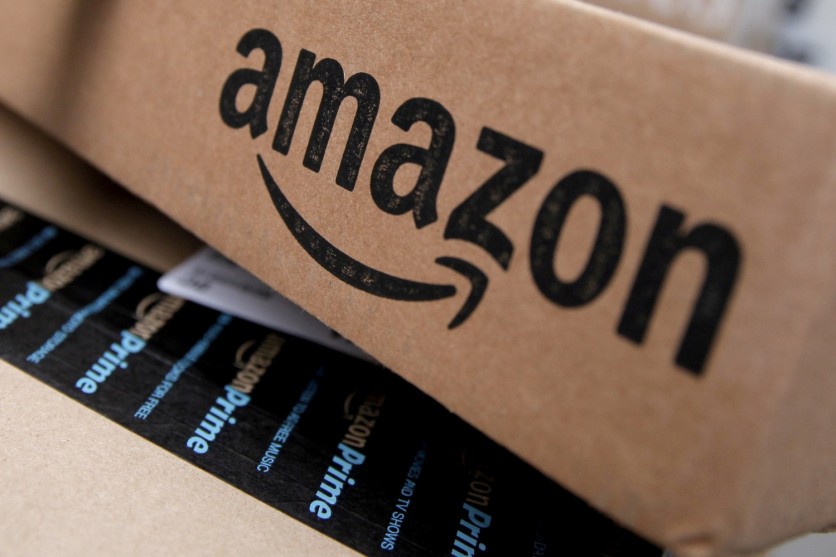Amazon Alexa will now begin to answer to your queries with follow-up questions that suggest steps you may want to take. Alexa can infer the user's latent aims that indicate the user's request but not explicitly articulated.

This Alexa capability has already been made available by Amazon to users in the US. It's available only in English at the moment. With the new functionality, Alexa will answer questions. For instance, if you ask her: "How long does a steep tea take? "Alexa should answer, "Five minutes is a good place to start" and add a question like, "Do you want me to set a five-minute timer?"
What's new? New, improved algorithms on the way
Nothing about the Amazon Echo devices and other Alexa-powered gear you might buy for the holidays has changed. The silicon change occurred on the back end of Alexa's services, where data is sent for final processing to AWS cloud systems. Inferentia, which is how Alexa learns how to understand spoken commands, was specifically developed to run neural network software.
However, transitions like this seem necessary. But Amazon explained in a blog post that a range of advanced algorithms is running under the hood to define latent aims, formulate them into acts that often span various abilities, and surface them to consumers in a way that does not feel disruptive.
The identification of Alexa for latent goals does not work on all queries. Amazon said it uses a trigger model based on deep learning to understand the dialogue's text and recommend the latent target's skills. It's more of a study of the past relationship of the user with Alexa skills.
For example, the model may have noticed that clients who ask how long tea should follow up frequently by asking Alexa to set a timer for that amount of time, Amazon says.
Alexa will continue to learn user behavior and further refine its forecasts. It will also monitor whether or not the recommended skills are helping, and it will delete the underperforming experiences.
Also Read : Amazon Files Lawsuit Against Instagram, Facebook, and Tiktok Influencers Selling Counterfeit Products
What about the Amazon inferentia chips?
The Amazon Alexa digital assistant is now running on Amazon's hardware instead of Nvidia-designed chips, as per reports. According to Amazon's early tests, the latest Inferentia clusters produce the same results as Nvidia's T4 chips, but at 25 percent lower latency and 30 percent lower cost. The lower latency would allow Alexa developers to conduct more advanced analyses of the incoming data without leaving a slow calculation waiting for the user.
Two years ago, Amazon introduced the Inferentia processor line to optimize processing speeds on the business's artificial intelligence workloads while also providing cost savings by taking out the middleman in the process of chip design. The initial models came from Annapurna Labs, a specialist chip designer acquired by Amazon in 2015.
Alexa is not the first Amazon product to rely on AWS instances of the Inferentia-powered Inf1. Amazon's method for face recognition, Rekognition, also switches to instances of Inf1. For their own designs, AWS clients are also free to use Inf1 and Inferentia.
This article is owned by Tech Times
Written by Tiziana Celine




![Most Useful Google Chrome Keyboard Shortcuts You Need to Know to Improve Your Browsing Experience [2024]](https://d.techtimes.com/en/full/449047/most-useful-google-chrome-keyboard-shortcuts-you-need-know-improve-your-browsing-experience-2024.jpg?w=184&h=103&f=476d29fd60df70a67f6679f99a2ca6d0)